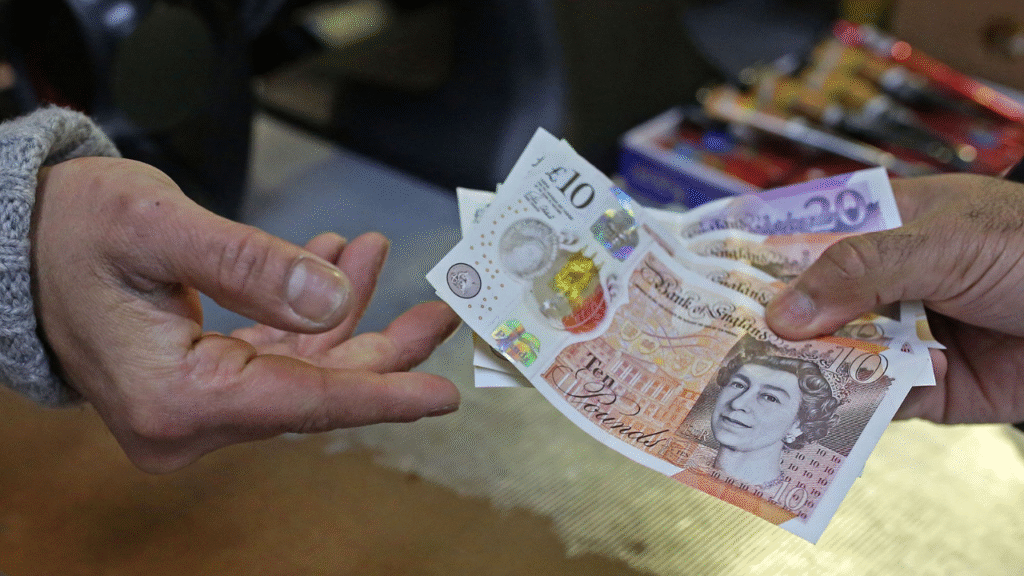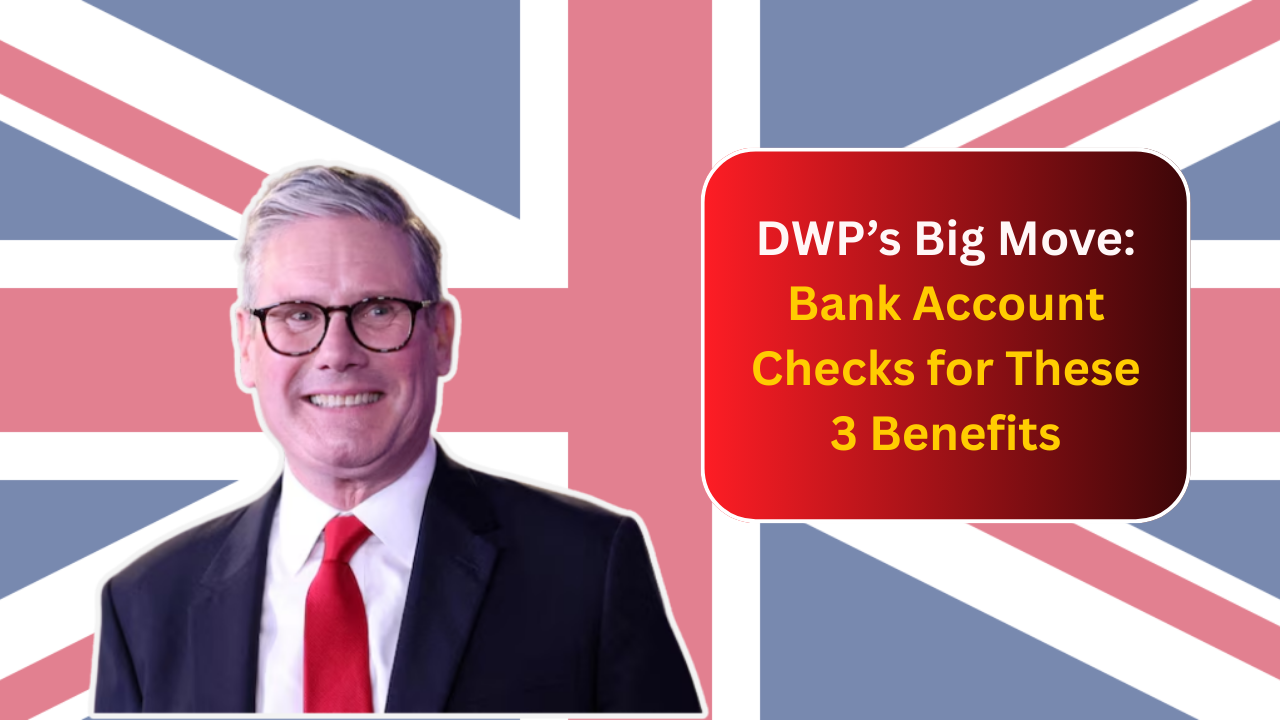In a major move to tackle benefit fraud and ensure fairness in the welfare system, the Department for Work and Pensions (DWP) has officially announced when it will begin checking bank accounts of people claiming three major UK benefits — Universal Credit, Employment and Support Allowance (ESA), and Pension Credit.
The DWP has been working on this plan for a while under the Data Protection and Digital Information Bill, which is now expected to bring real-time financial checks for certain benefits.
These new checks will help the government verify if people are genuinely eligible based on their savings and income, without needing to ask claimants to submit paperwork manually.
Why is the DWP Checking Bank Accounts?
The DWP says this change is all about reducing fraud and errors. At the moment, when you apply for Universal Credit, ESA, or Pension Credit, you tell the DWP how much you have in your savings. But once your claim is approved, there is no system in place to keep checking if your savings go over the limit.
This gap has allowed some claimants to keep getting benefits they’re no longer eligible for — knowingly or unknowingly. The new system will automatically alert the DWP if someone’s account balance goes beyond what is allowed.
For example:
- Universal Credit and ESA are affected if savings go over £16,000.
- Pension Credit also has a limit, though the rules are slightly different.
This change is meant to catch those who may not report these savings changes or who are intentionally hiding income.
When Will These Checks Begin?
The government has now confirmed that the first phase of bank account checks will begin in 2025. The DWP said that they plan to gradually roll out the new system so that both benefit claimants and banks have time to prepare.
Here’s the rough timeline shared so far:
- 2025: Checks begin with Universal Credit and Pension Credit
- Later in 2025 or early 2026, ESA (Income-related) will be added to the checking system
The government has said it will work closely with financial institutions to make sure the checks are accurate, secure, and respect privacy laws.
How Will These Bank Account Checks Work?

It’s important to note that the DWP will not be checking every transaction or looking into private spending. Instead, they will work with banks and other financial institutions to spot red flags, such as:
- Having savings above the allowed limit
- Large unexplained deposits
- Regular income that isn’t declared in benefit forms
If such red flags appear, the DWP will only then investigate further. This method is known as “data matching”, and it’s already being used in other areas like tax fraud detection.
The banks involved will not share full bank statements. Instead, they will only share limited data when requested, and only when someone is receiving a means-tested benefit.
Is This Legal?
Yes, the DWP says that these changes are being introduced under new laws approved by Parliament. The bill – The Data Protection and Digital Information Bill – is designed to allow public bodies to access financial data under strict rules for the purpose of stopping fraud.
The government has also assured the public that personal privacy will be protected and that no random or unnecessary checks will be made. Only those who are receiving benefits based on their income or savings will be checked — and even then, only when there’s a valid reason.
Who Could Be Affected?
This change will affect millions of people across the UK who claim:
- Universal Credit (UC)
- Income-Related Employment and Support Allowance (ESA)
- Pension Credit
It’s especially important for people approaching the £16,000 savings threshold, as any mistake or lack of awareness could cause overpayments — and lead to repayment demands or penalties later on.
Those receiving non-means-tested benefits — like Disability Living Allowance (DLA), Personal Independence Payment (PIP), or State Pension — won’t be affected, as those benefits are not based on income or savings.
What Should Claimants Do Now?
If you receive any of the affected benefits, here’s what you can do to stay on the safe side:
- Double-check your savings: If they’re close to or above £6,000, understand how that might affect your benefit.
- Report any changes in savings or income to the DWP as soon as they happen.
- Stay honest with your benefit application and keep records of your financial activity.
- Don’t panic if you’ve done everything right — these checks are targeted at fraud, not ordinary mistakes.
You can use the official DWP website to find out more about each benefit’s savings rules:
Conclusion
This new system from the DWP is part of a wider plan to make the UK’s welfare system more secure, transparent, and fair. While many claimants may feel concerned about privacy or sudden investigations, the DWP has promised that checks will only be done for good reasons, and that those following the rules have nothing to worry about.
Still, it’s a wake-up call for anyone who might have forgotten to update their financial details. If you’re claiming Universal Credit, ESA, or Pension Credit, now’s the time to review your savings — before the new checks start.





